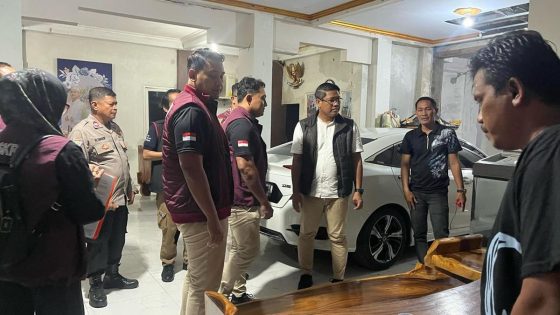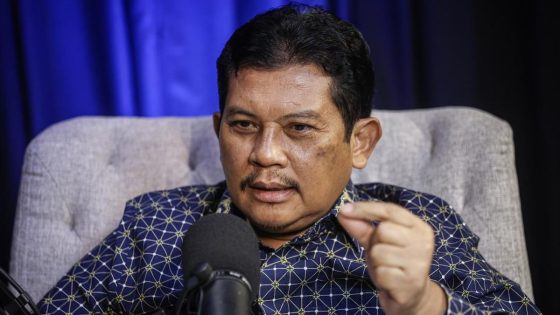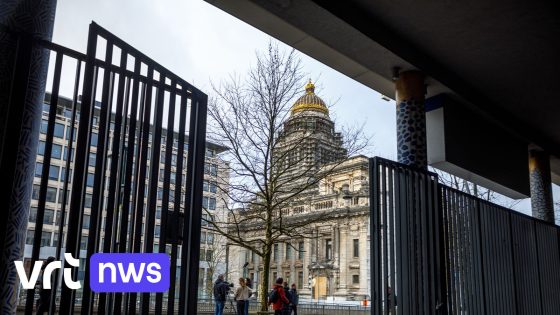On February 10, 2025, the wife and family of Kohod village head Arsin were questioned by the Indonesian police regarding the coastal land certificate case in Tangerang, Banten. This raises concerns about the integrity of local governance and land management. What does this mean for the community and the future of land rights in Indonesia?
- Family of Kades Kohod questioned by police
- Investigation related to coastal land permits
- Kades Kohod missed initial police invitation
- Police plan to summon 25 witnesses
- Kades Kohod must comply with summons now
Investigation into Kohod Village Head Raises Questions About Land Management in Indonesia
Why is the investigation into Kohod village head Arsin so significant? This case could reveal deeper issues in land management practices across Indonesia. The questioning of Arsin’s family signifies a serious approach to tackling possible corruption and illegal land dealings. As the investigation unfolds, many are left wondering how this will affect local governance and community trust.
Key Developments in the Kohod Village Land Certificate Case
The investigation into the coastal land certificate case is ongoing, with significant developments expected. Here are some key points to note:
- The police have called in 25 witnesses, including village head Arsin.
- Arsin previously failed to attend a police summons for clarification.
- Family members were seen signing documents related to the case.
- The investigation could lead to broader implications for land rights in Indonesia.
Implications for Local Governance and Community Trust
The questioning of Arsin’s family sheds light on the potential corruption within local governance. When village leaders are implicated in land disputes, it can erode community trust. Residents may begin to question the legitimacy of their leaders and the fairness of land management practices. This case serves as a reminder of the importance of transparency and accountability in governance.
Future of Land Rights in Indonesia
The outcome of this investigation could set a precedent for how land rights are handled in Indonesia. If corruption is proven, it may lead to stricter regulations and oversight in land management. This could ultimately benefit local communities by ensuring their rights are protected. However, it also raises questions about how effectively these changes can be implemented.
In conclusion, the investigation into the Kohod village head highlights significant issues surrounding land management and governance in Indonesia. As the case progresses, it will be crucial to monitor its impact on local communities and the future of land rights in the country.
































